Can't be late
In recent years, major sports around the world have been leveraging the power of AI to improve training quality, reduce the risk of injury, and optimize athlete performance. Even in Southeast Asia, countries like Thailand and Singapore have also been early adopters of technology-integrated training models.
Vietnamese sports managers themselves have also recognized this trend. Last year, the then Director of the Vietnam Sports and Physical Training Department, Mr. Dang Ha Viet, also stated that we must apply AI to training and management work and do it soon. We will build a secure data bank and analyze indicators from the training and movement volume of athletes. This work takes time and the sports industry will actively implement it as well as have technology partners to do it.
Meanwhile, Secretary General of the Vietnam Olympic Committee Tran Van Manh also said that digital transformation is an effective way to help sports managers eliminate manual work, increase accuracy and save time. For coaches and athletes, digitalization helps to analyze their effectiveness, minimize the risk of injury during training and competition, and increase transparency and fairness in decision making.
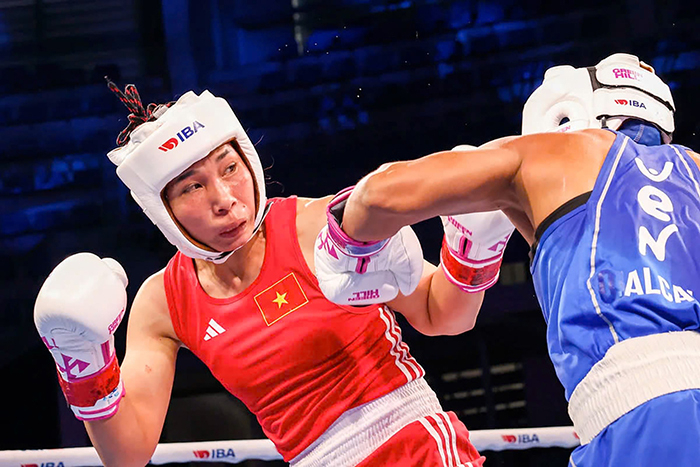
In fact, some sports have applied technology early to have accurate professional analysis, without emotion in training and competition such as football, golf, volleyball. Many sports teams and individuals have equipped themselves with data analysis software, from which they have specific indicators to adjust tactics, training methods and choose suitable people for competition. However, this is still a spontaneous way of doing things, requiring a specific direction. Meanwhile, competition in international playgrounds, even the SEA Games, has become much more fierce.
And it was not until mid-2025, after a period of searching and assessing the capacity of technology partners, that the Department of Sports and Physical Training decided to cooperate with Dreamax Company to apply AI in management, training, and communication to the fan community. In particular, in terms of training, the 4 subjects selected for pilot implementation are shooting, archery, taekwondo, and boxing. The above 4 subjects are key subjects of Vietnamese sports, with athletes participating in the Olympics and winning many medals in international competitions. Currently, all 4 national sports teams are training at the National High-Level Athlete Training Center. The AI application roadmap is deployed from the above 4 subjects, then gradually expanded.
The technology supplier believes that the AI software equipped for national sports teams this time will support the processing of data of all athletes from the beginning of training to the results of tournaments and detailed quantified indicators to help compare the level with international athletes. The AI system is designed to analyze professional technical factors such as shooting lines, stability, attack and defense capabilities, and quantify the indicators to compare with international standards.
Director of the Vietnam Sports Administration Nguyen Danh Hoang Viet believes that if properly deployed and with sufficient human resources to master it, AI will not only be a technical tool but also become a strategic assistant, helping the Vietnamese sports industry get closer to international training and competition standards in a more sustainable and safe way.
Many challenges remain
Director of the Vietnam Sports Administration Nguyen Danh Hoang Viet shared that the goal of applying AI in training does not stop at the national team level but also involves connecting with units that manage athletes, first of all, the Sports Training and Competition Centers of provinces, cities, and industries. This is a long-term but necessary task.
One of the biggest challenges today is the quality of input data. If the data does not accurately reflect factors such as age, gender, and physical condition of the athlete, AI can completely give incorrect results, leading to counterproductive results. Therefore, it is still necessary to have a strong enough human resource team to meet this requirement in addition to the coordination of localities and industries.
Next is the issue of data security, especially regarding the athletes' physical condition, training, and competition indicators. This question has also been raised at many industry meetings with technology partners. Recently, at the announcement ceremony of the Vietnam Sports Administration with Dreamax, this issue continued to be raised. Dreamax continued to affirm that it would ensure data security.
In reality, many coaches and athletes have expressed their excitement, but at the same time, they are cautious when mentioning the security factor when applying AI to training. A boxing coach said that technology is needed to improve performance. But certainly, the security factor must be taken seriously. Because if not, athletes can easily be "figured out" when competing in the international arena, and the training and practice efforts of teachers and students will also be "destroyed".
Another issue mentioned by the leader of the Vietnam Sports Administration is that no matter how modern an AI system is, it still needs to be operated by a team of experts – not only coaches and athletes, but also data experts, technology engineers, sports doctors and managers. This is an issue that needs to be completed by the Sports industry soon to maximize the effectiveness of applying AI to training.
And as many experts have commented, AI can provide accurate analysis and smart recommendations, but it is humans – coaches, experts, athletes – who decide how to use that information. Therefore, AI should be seen as an “intelligent assistant”, not a replacement. It provides tools for humans to work more accurately and faster, but cannot replace intuition, experience and professional sensitivity – things accumulated through many years of training and competition practice. Not to mention, to effectively apply AI to training, the Sports industry also needs to upgrade other areas of work from nutrition, applying achievements in sports medicine, and organizing effective international competitions.
Obviously, by applying AI to training, instead of relying on emotional experience, Vietnamese sports can move towards a more scientific , transparent and effective model. But to do that, it requires serious investment, a roadmap, regular evaluation and long-term commitment from both the sports industry and technology partners.
AI included in Vietnam's sports development strategy
According to the content of the Strategy for the development of Vietnam's physical education and sports to 2030, with a vision to 2045 issued by the Government , the application of modern technology is identified as one of the key tasks to improve the effectiveness of training and competition. In particular, the Sports industry gradually applies new technologies such as artificial intelligence (AI), biosensors, big data analysis... to the process of selecting and training athletes, building personalized training programs, recovering from injuries and controlling the risk of injuries during competition.
The strategy also aims to build a national sports database system, including data on athletes, coaches, referees, technical staff, competition results, health and nutrition records and related information. (Minh Khue)
Source: https://cand.com.vn/the-thao/nganh-the-thao-va-ky-vong-tu-viec-ap-dung-ai-i774254/


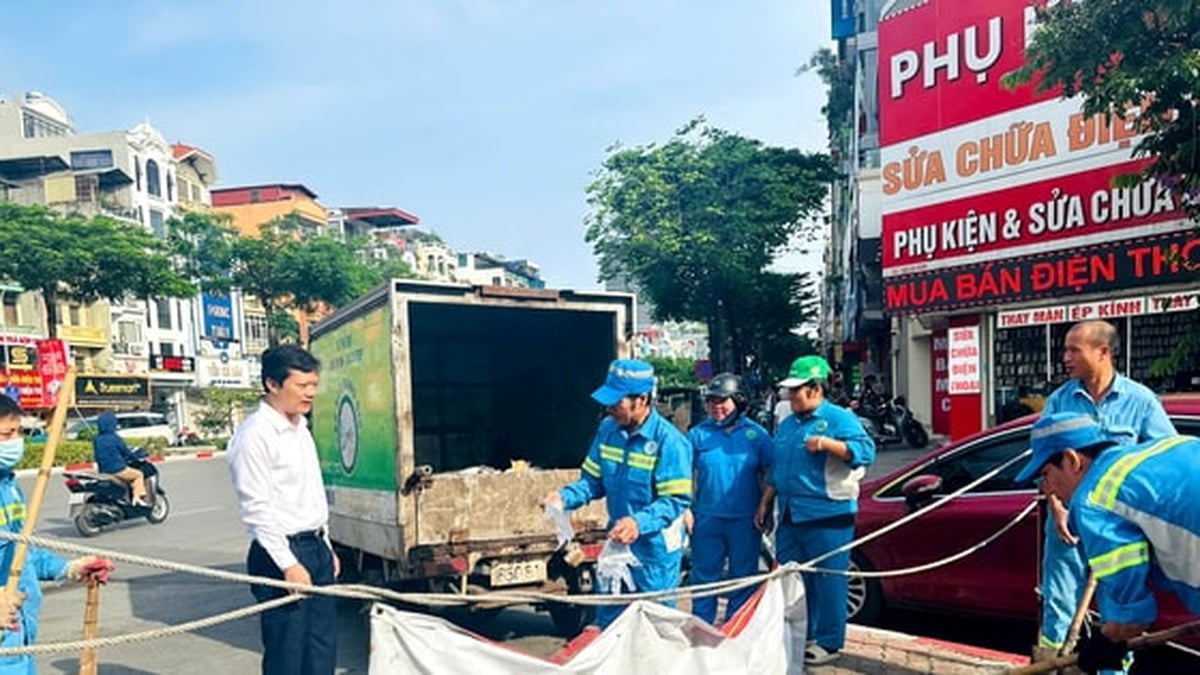
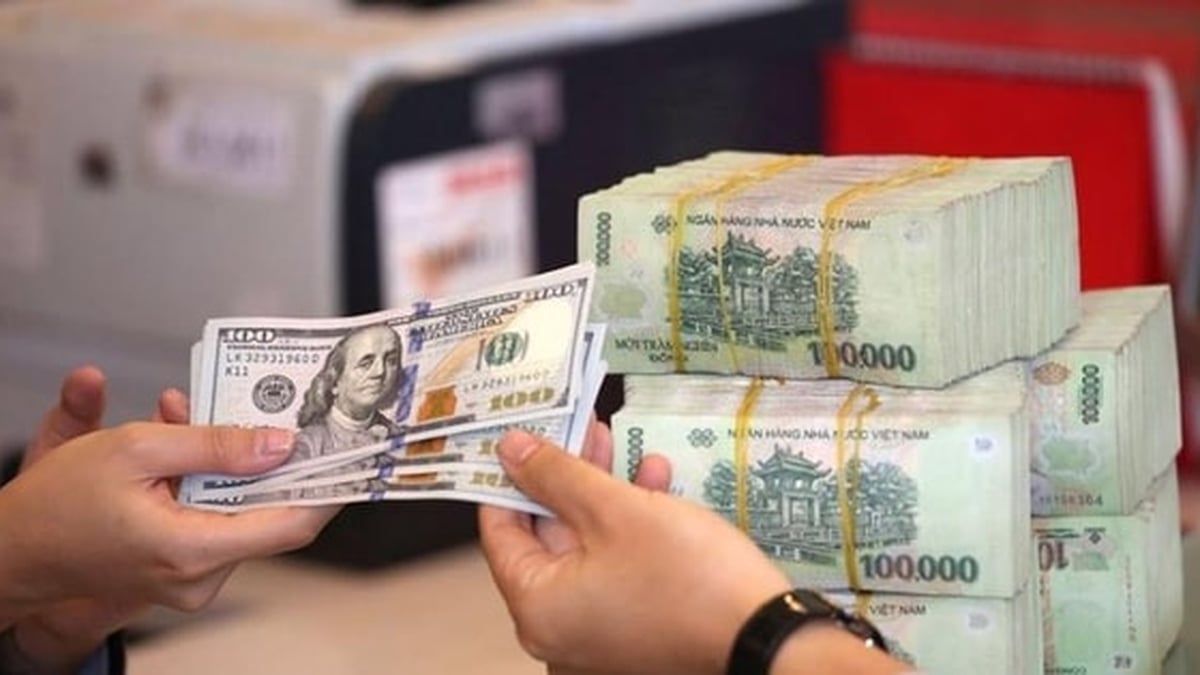
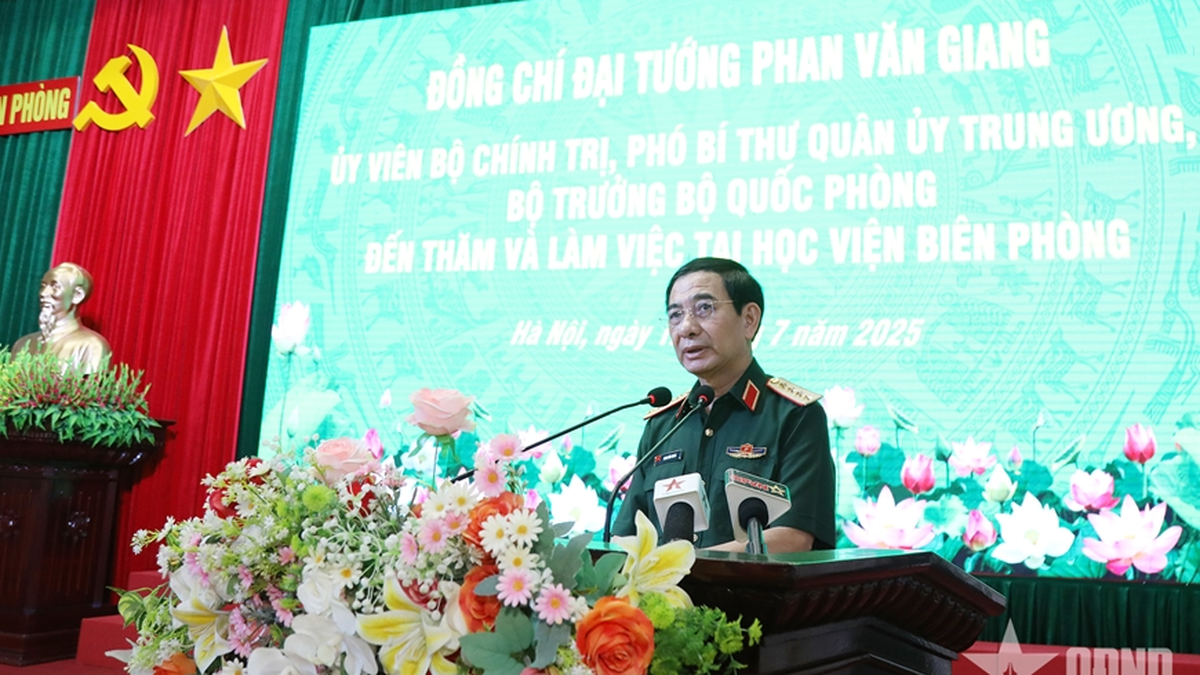

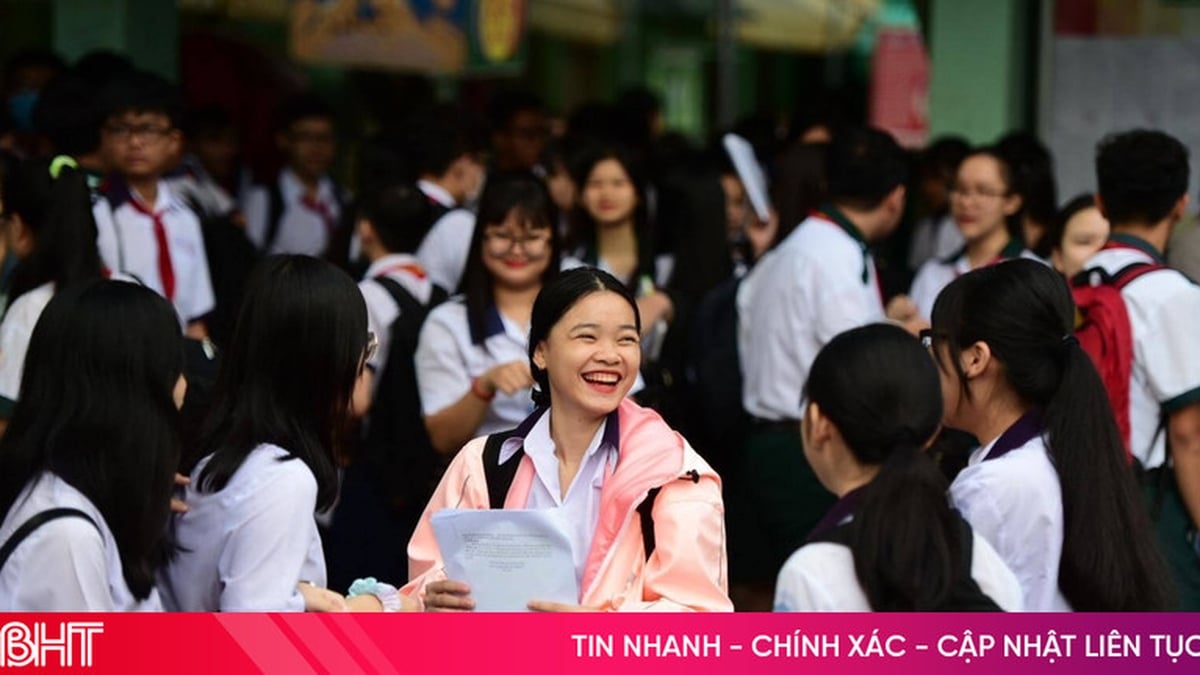

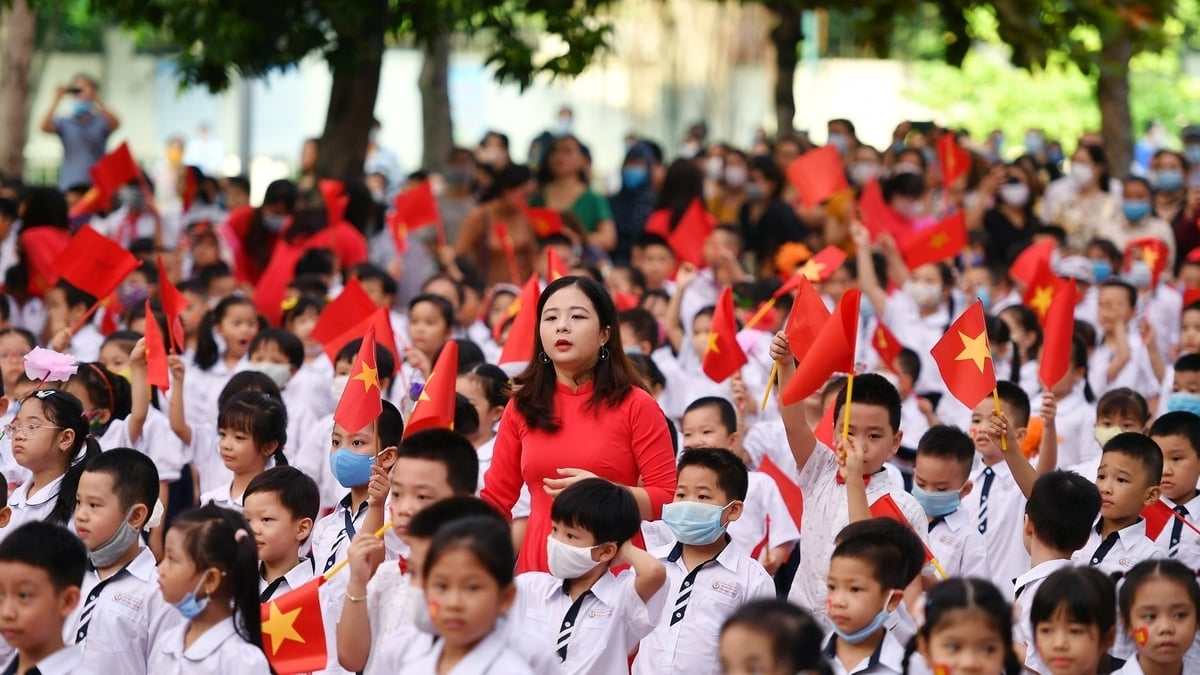

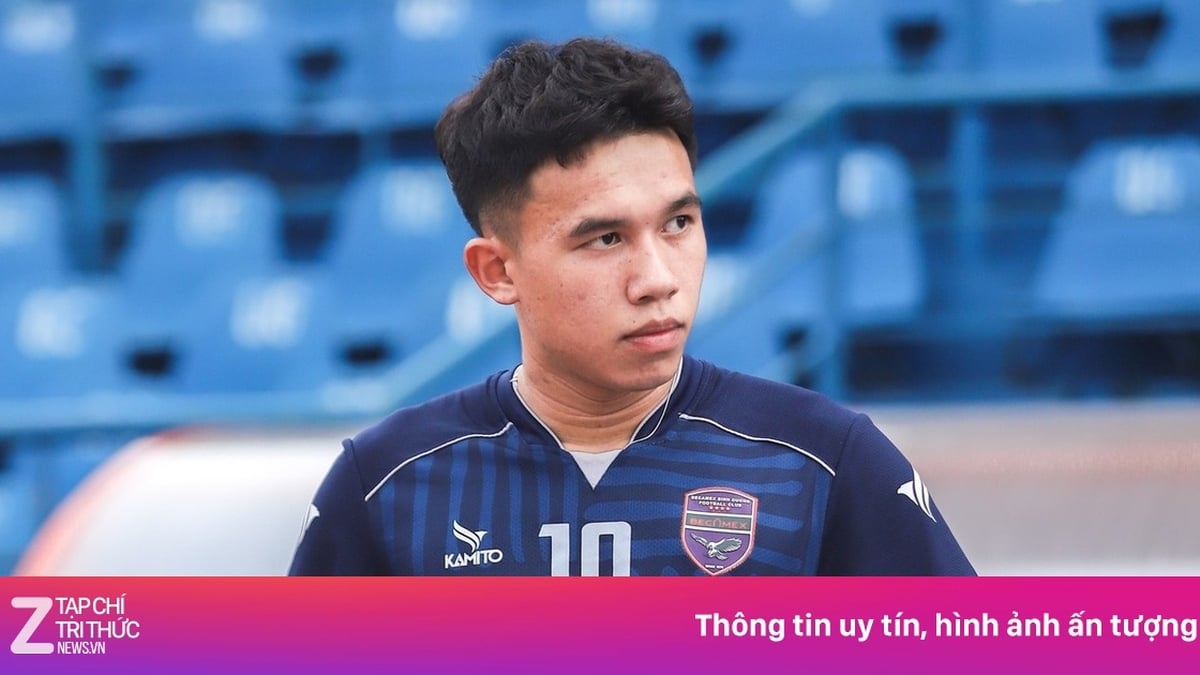
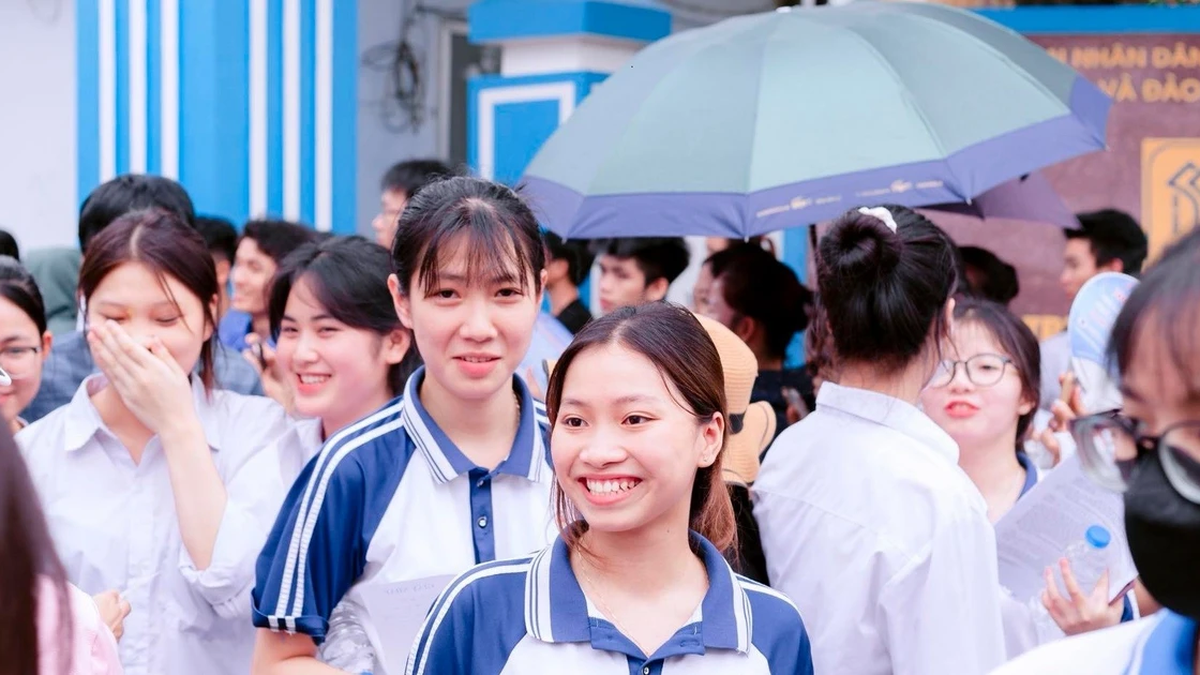

















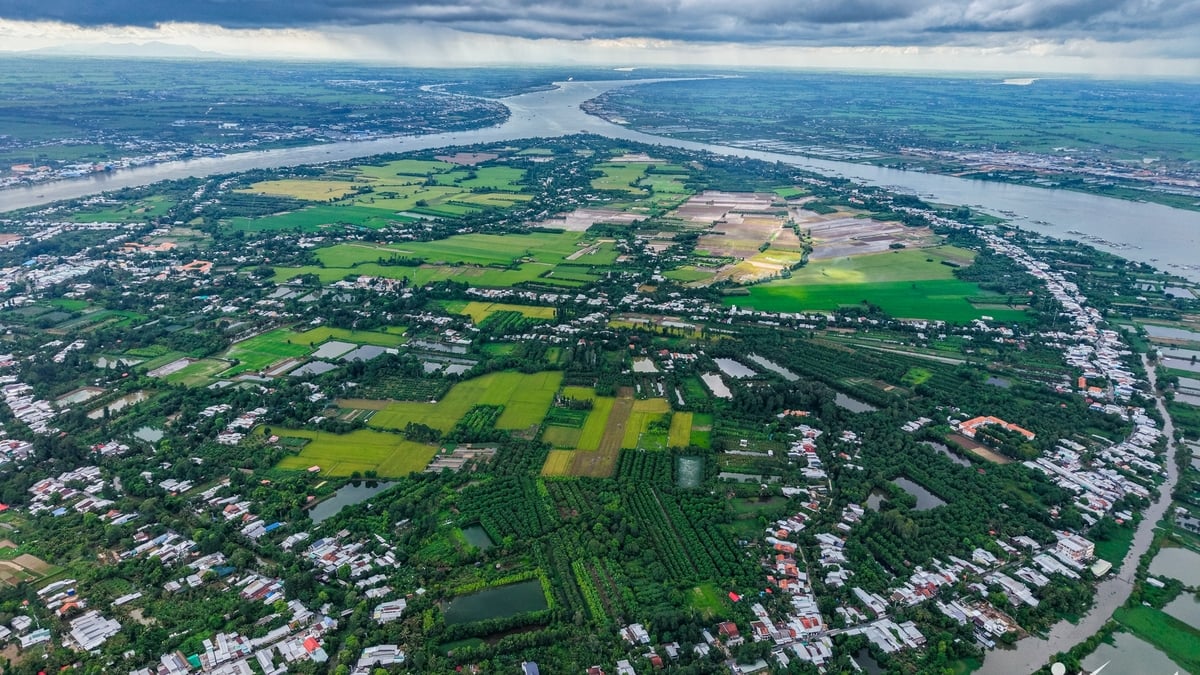

![[Photo] Gia Lai provincial leaders offer flowers at Uncle Ho's Monument with the ethnic groups of the Central Highlands](https://vphoto.vietnam.vn/thumb/1200x675/vietnam/resource/IMAGE/2025/7/9/196438801da24b3cb6158d0501984818)












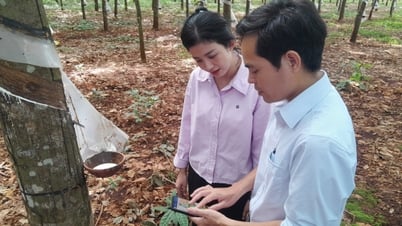

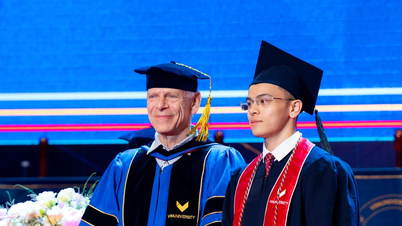






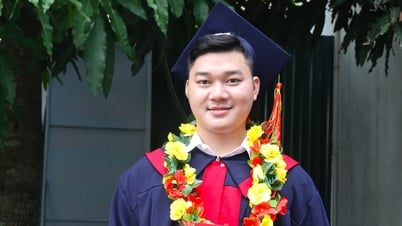








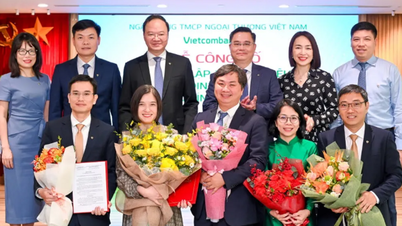

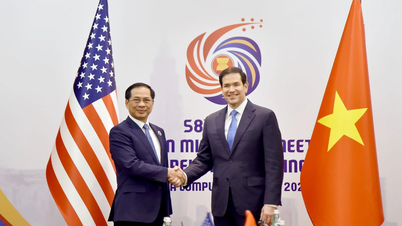
![[Infographic] Parade program to celebrate the 80th anniversary of August Revolution and National Day September 2](https://vphoto.vietnam.vn/thumb/402x226/vietnam/resource/IMAGE/2025/7/12/3bf801e3380e4011b7b2c9d52b238297)

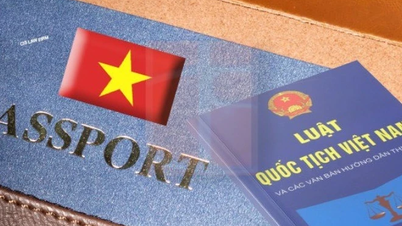
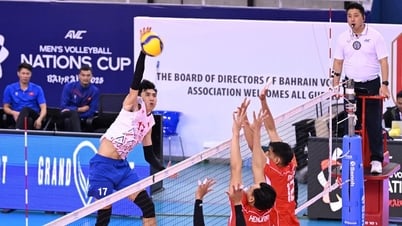




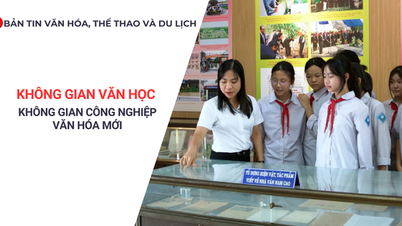





























Comment (0)